Organic chemistry is the study of matter that contains carbon atoms. Organic chemistry studies the structures, properties, and reactions of organic compounds and materials. Many consider organic chemistry a challenging course but, as you'll see, it's much easier to master than other branches of chemistry.

What Is Organic Chemistry?
As stated above, organic chemistry studies carbon-based matter. To clarify: all living organisms are carbon-based.
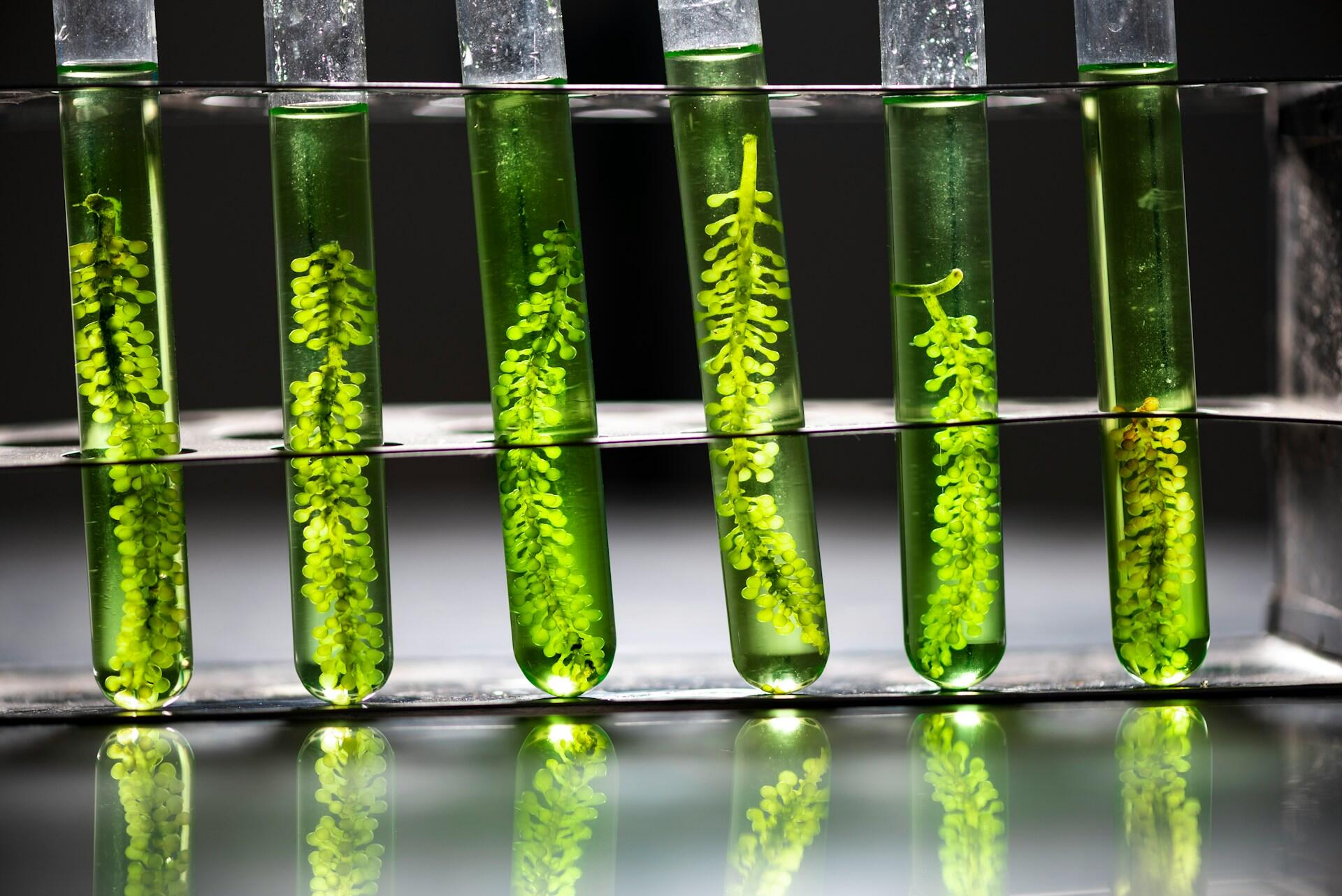
That fact gives us a clue of how much broader organic chemistry is, than all the types of chemistry study you might undertake.
Admittedly, the term 'carbon-based matter' is vague. To get the full scope of this branch of chemical study, we must define what this matter consists of. We can place matter into three groups:
Hydrocarbons
- methane
- benzene
- naphthaline
- polyethylene
Carbon compounds
- carbon dioxide
- thiocarbamates
- potassium cyanide
- carbon tetrafluoride
Halocarbons
- dioxins
- bromides
- fluorides
- iodides
Hydrocarbons consist of only hydrogen and carbon, as the name implies. Carbon compounds, especially when combined with oxygen, nitrogen, sulphur, or phosphorus, yield a trove of substances with wide-ranging applications.
Teflon is likely the most renowned halocarbon material
People with thyroid disease are acutely aware of another halocarbon: thyroxin. Our bodies (should) produce this organic iodide in sufficient quantities. When it doesn't, chemical supplementation is necessary. Otherwise, organic iodides have few industrial applications.
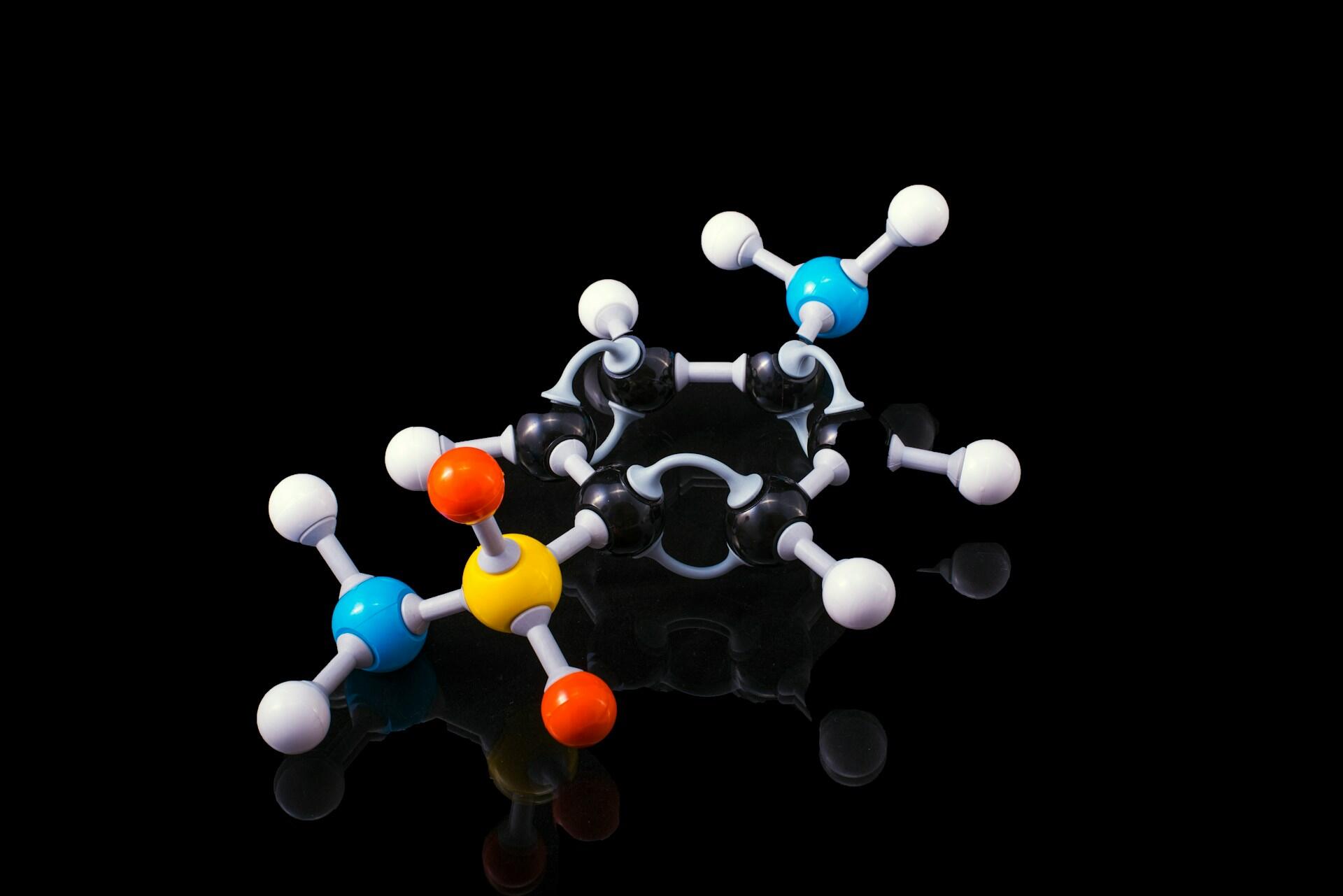
Organic Chemistry Mechanisms
As a chemistry student, you already know that the number and arrangement of atoms is what determines chemical molecules. Particularly for the first group above, the hydrocarbons, which only consist of 2 elements.
What's less clear are the mechanisms by which chemical activity takes place. The process of changing reactants - chemical combinations- into usable products follows predictable, step-by-step processes.
These mechanisms describe the process(es) of chemical reaction(s).
In organic chemistry, we find many such processes. Often, they are specific to a process or material. However, five dominant mechanisms prevail. This chart shows them and what they do:
| 🔧Mechanism | 🔬Process |
|---|---|
| Substitution reactions | Replacing an atom or atom group with another atom (or group) |
| Elimination reactions | Removing a molecule (water, or a halide) to form a double-bond |
| Addition reactions | Adding an atom or atom group (usually to double or triple a bond) |
| Rearrangement reactions | Reorganizing atoms within a molecule |
| Oxidation-reduction reactions | Transferring electrons from one molecule to another, to change oxidation states in the molecules in question |
For high school organic chemistry, these five amount to all you need to know. Students will need to master specific reactions and mechanisms to describe the questions their exams pose. Still, your need-to-know limit is much lower than the sum total of chemistry reactions.
Mastering organic chemistry mechanisms is a vital aspect of chemistry studies, particularly for those who want to study biochemistry. These reactions/mechanisms are fundamental knowledge for anyone interested in a career in medicine, pharmaceuticals, and chemical manufacturing.
Organic Chemistry Curriculum
Considering how broad a field of study organic chemistry is, you might feel discouraged over your chances of mastery before you even get started. But, don't panic just yet. This discipline offers wide-ranging possibilities, but you don't have to embrace them all.
Keep it simple, Sweetheart!
This 'principle' originated with the United States Navy. We needn't dive deep into the phrase's origins or meaning, as it makes itself perfectly clear. All we need to know is how it relates to your studies, and that's a simple explanation, too.
For high school organic chemistry studies, the curriculum is progressive: it starts simple and builds on fundamental knowledge.
The most demanding aspect of these levels of chemistry study is memorizing. At this stage in your academic career, you don't have to make great, intuitive leaps. You only need to learn the information that permits future leaps.
Organic Chemistry
All that you've read about so far, the three 'groups' of matter, the mechanisms and reactions populate your organic chemistry curriculum.
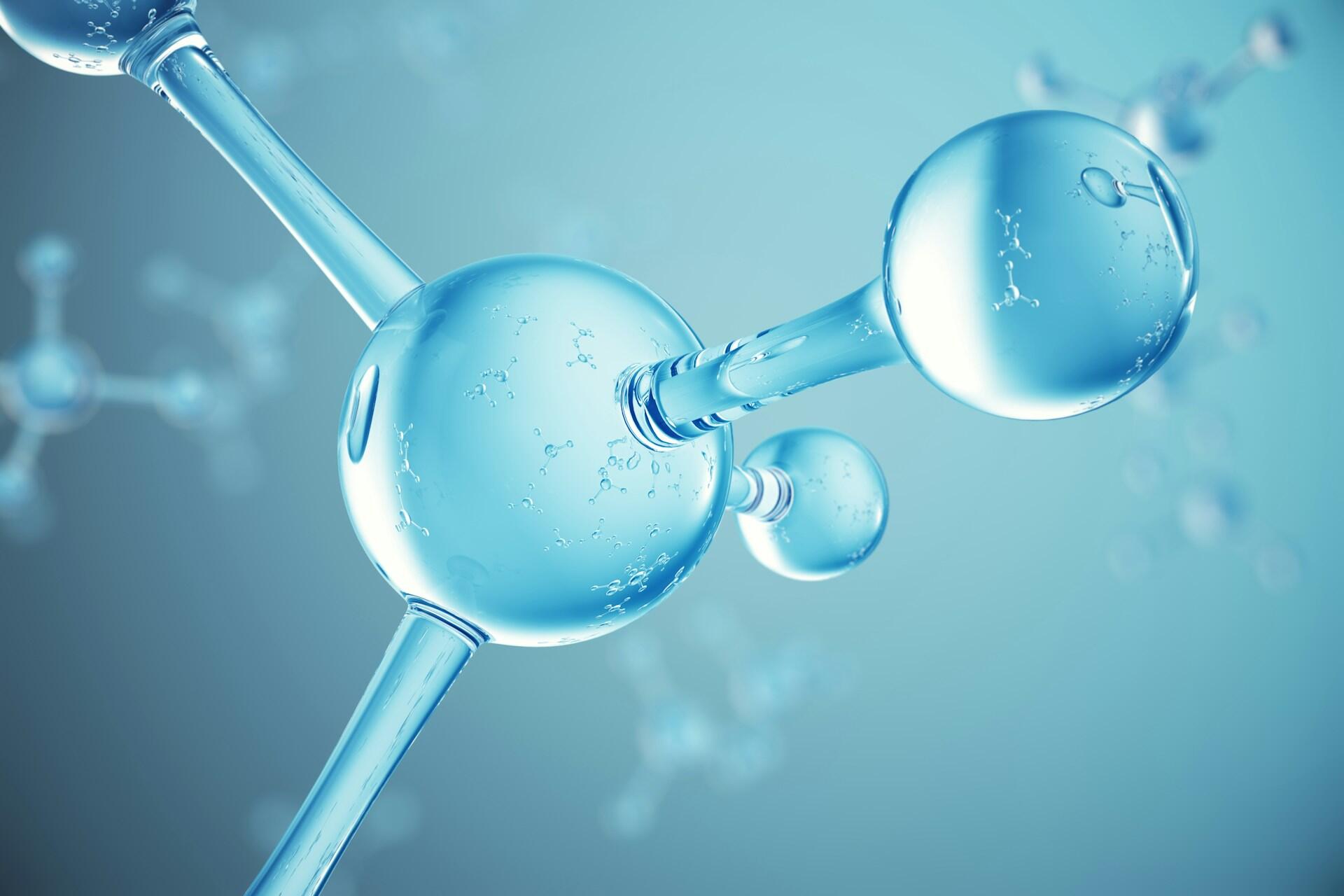
Though halocarbons and carbon compounds get a small share of your attention, your studies' main focus will be on hydrocarbons.
1. They are the most basic molecules, consisting only of hydrogen and carbon.
2. They have the widest application across industries and transportation.
Your hydrocarbon studies will further break into three categories of hydrocarbons:
Saturated Compounds
- simplest structure
- only one bond between atoms
- example: methane
Unsaturated Compounds
- double or triple bonds between carbons
- double bonds = alkalenes
- triple bonds alkalynes
Aromatic Compounds
- cyclic molecular structure
- called arenes
- example: benzene
Besides extensive examination of hydrocarbons, you'll spend a lot of time on functional groups. Of course, hydrocarbons are a functional group, but that list extends to:
- halogen-containing groups
- nitrogen-containing groups
- oxygen-containing groups
- phosphorus-containing groups
- sulphur-containing groups
- boron-containing groups
Knowing you only have one group of carbon-based matter to focus on should brighten your prospects of mastering organic chemistry topics. Just be aware that you have a lot of memorizing to do. Perhaps a Superprof Chemistry tutor could help?
In later classes throughout high school, you will recall that halogenoalkanes form by substitution of hydrogen atoms with halogen atoms. Their list includes chloroethane, iodoethane, tetrafluorethane, trichloromethane, and others.
You'll further study:
- more covalently-bonded carbon atoms
- more complex materials and their molecules
- unsaturated compounds
- aromatic compounds
Those last two compound categories, now get the attention they deserve.
You'll add amines and amides to your lexicon, with a focus on producing them. Amines are ammonia derivatives with one or more hydrogen atoms replaced. They may be primary, secondary, tertiary, or aromatic, and each has its own processes.
You'll later study:
As mentioned above, memorization is the key to success in your organic chemistry courses. In this sense, you have much in common with others who study inorganic chemistry. Indeed, your main difference is that your studies feature carbon-based materials, and theirs don't!
What Does an Organic Chemist Do?
Jean-Marie Lehn grew up witnessing chemical reactions. His father was a baker by trade, but his passion was music. So, it's no surprise that our featured organic chemist ventured into science. He also played the organ throughout his research career (and still plays it).
Initially, he saw languages as his métier. He studied French Literature, as well as English, German, Latin and Greek.
He didn't realize chemistry should be his life's work until he studied under the renowned French chemist, Guy Ourisson. With that decision made, he focused his university studies on chemistry, setting to work immediately after graduation.
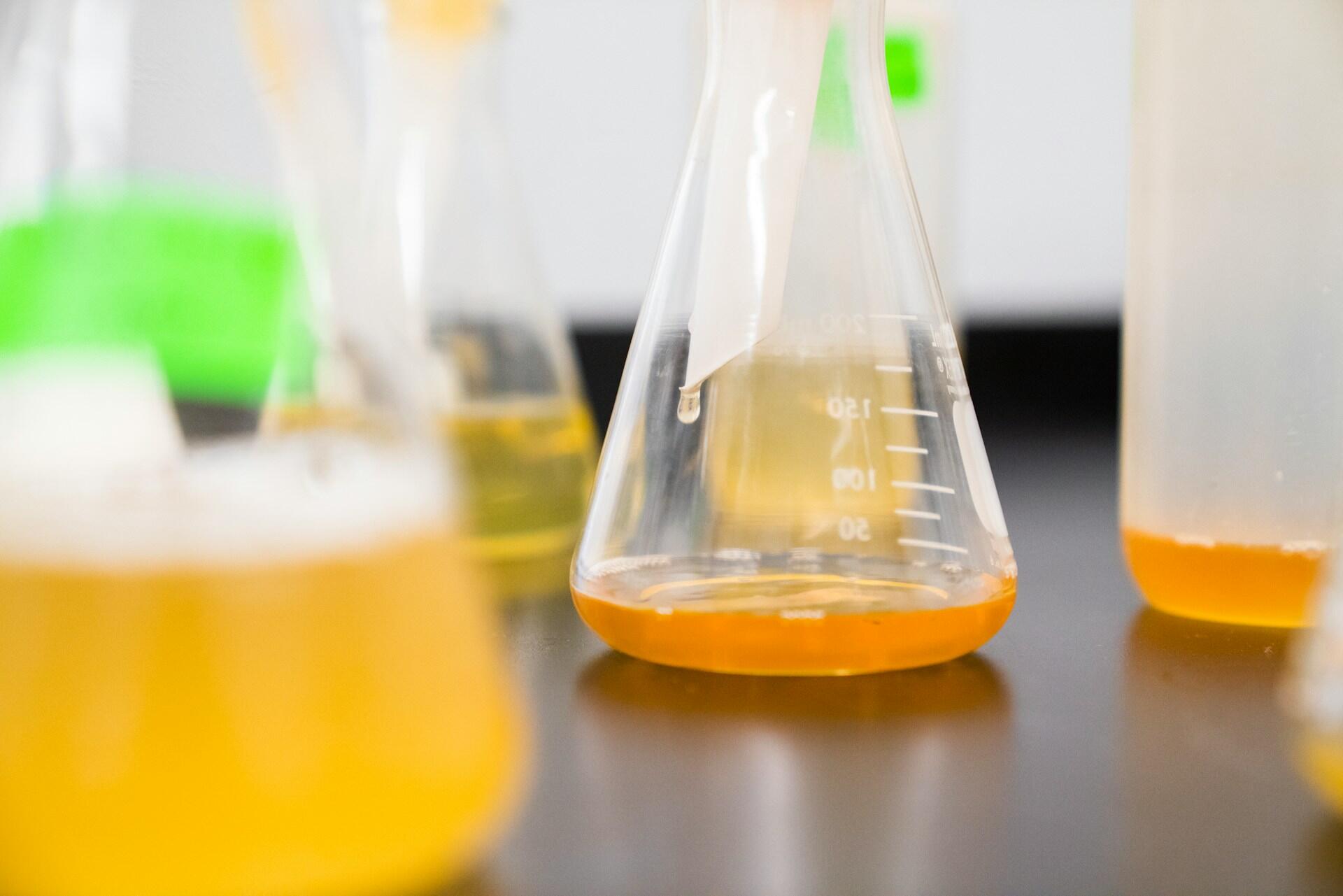
Working in Organic Chemistry
Organic chemists spend most of their careers in their laboratories. What time isn't devoted to lab work goes into reading and associating with other chemists. Highly educated organic chemists may take teaching posts, particularly at university. The most value in this career field is writing about one's research.
Our featured organic chemist exemplifies the field's emphasis on publishing. By Jan 2006 - the 40th year of his career, his research group had contributed nearly 800 peer-reviewed articles to the body of chemistry literature.
We find a lot of parallels between Mr Lehn and Wilhelm Ostwald, a pioneer in the field of physical chemistry. Both scientists had a passing interest in science when they were young, but they studied philosophy and artistic subjects.
They both gravitated towards science, because they happened to hover around passionate chemists' orbits. We can think of worse ways to stumble upon a satisfying career. 😎
Organic Chemistry Jobs
As noted above, organic chemists spend their careers in the lab. Which lab they toil in is the deciding factor. Should they stay in academia, their work will focus on exploring theoretical aspects of the science. These are the organic chemists who publish the most.
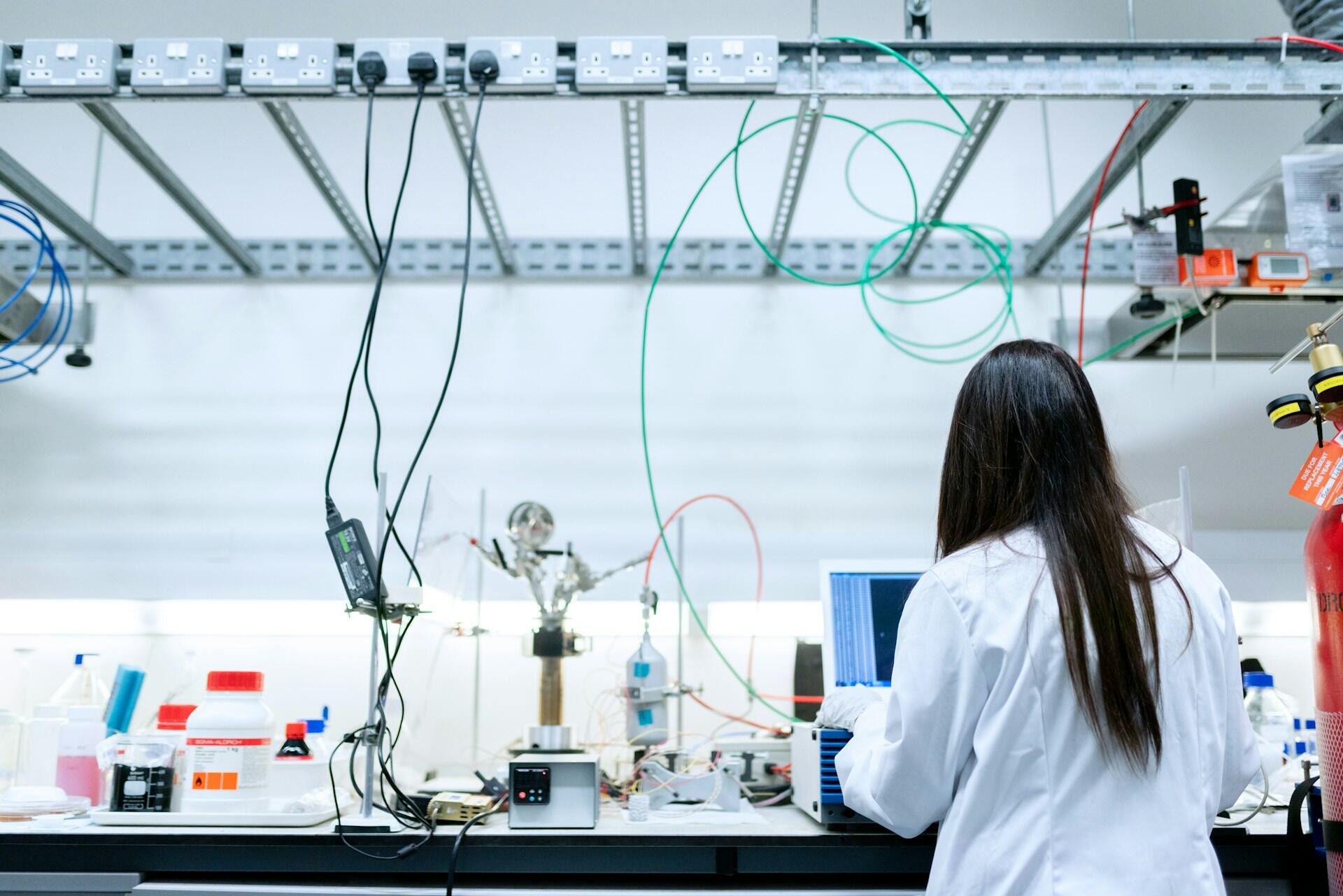
Industry is the other career pathway organic chemists may take. Around the world, corporations big and small recruit the most talented chemists to their rolls. Among them, we count:
- Dow Chemical
- Unilever
- BASF
- Sumitomo
- Formosa
- Air Liquide
- Reliance Industries
- Braske
- Linde
- Sinopec
- Lotte
- Dupont
As you likely know, the list of chemical-producing companies is far longer. But, these brands are famous the world over. We use their products in our homes, and farmers use them to grow our food.
Organic chemists also populate labs in pharmaceutical concerns around the globe. These firms keep organic chemists on staff, and rely on analytical chemists' work, which helps refine products and manufacturing processes.
We became acutely aware of brands like Pfizer, Astra Zenica and Novartis during the pandemic.
Other major names in pharmaceutical research and manufacturing include Merck, Sanofi, Glaxco SmithKline, Johnson & Johnson, Roche, and Bayer. These and other labs deliver proof that studying organic chemistry lands you in a secure career field.
But, you won't find much glamor in organic chemistry. At least, not the mainstream type of fame that seems to dominate our social interest. But, it is rewarding work, knowing that we're doing what we can to improve life and health.
Summarize with AI:















